Deciphering Financial Choices: Cash Management Account vs. Money Market Fund
Dec 08, 2023 By Triston Martin
Navigating the complex landscape of financial decisions and choosing between a Cash Management Account (CMA) and a Money Market Fund (MMF) can be bewildering. While both serve as havens for your cash with the potential for returns, their operational distinctions add an extra layer of intricacy.
Embark on a simplified journey with us to unravel the nuances of these options and discern which aligns more seamlessly with your unique financial needs.
Understanding Cash Management Accounts
A Cash Management Account (CMA) serves as a versatile tool, akin to a Swiss Army knife, for your finances. It seamlessly integrates the functionalities of a checking account, savings account, and investment account, streamlining your financial management.
Available through brokerage firms and financial institutions, the CMA acts as a centralized hub, simplifying the oversight of your financial landscape. This all-in-one solution offers convenience and flexibility, allowing you to navigate various aspects of your monetary affairs with ease. It's not just an account; it's a comprehensive approach to handling your money intelligently and efficiently.
Benefits of a Cash Management Account
Financial Flexibility: With a CMA, you can easily move money between your investments and cash without the hassle of transferring funds between different accounts.
Higher Interest Rates: CMAs often offer higher interest rates compared to traditional savings accounts, allowing your cash to work a bit harder for you.
Debit Card Access: Many CMAs come with a debit card, offering convenient access to your cash for everyday expenses.
Drawbacks of a Cash Management Account
Limited Investment Options: While CMAs provide investment features, the options may be more limited compared to a dedicated brokerage account.
Fees and Minimum Balances: Some CMAs may have fees or minimum balance requirements, so it's crucial to be aware of the terms and conditions.
Decoding Money Market Funds
In the realm of financial possibilities, we encounter the Money Market Fund, akin to the more cautious relative of mutual funds. This financial instrument predominantly directs its investments towards short-term debt instruments such as Treasury bills and commercial paper.
The overarching goal of Money Market Funds (MMFs) is to establish a sturdy foundation of financial stability while delivering returns of a more moderate nature. In essence, MMFs operate as a reliable anchor in the often turbulent seas of financial markets, offering investors a haven of stability and a source of reasonable returns.
Benefits of a Money Market Fund
Stability: MMFs focus on low-risk, short-term investments, making them a stable option for parking cash.
Liquidity: Just like a CMA, MMFs offer easy access to your funds, providing liquidity when you need it.
Professional Management: MMFs are managed by financial experts, reducing the burden of making investment decisions.
Drawbacks of a Money Market Fund
Low Returns: While MMFs provide stability, they generally offer lower returns compared to riskier investments.
Not FDIC Insured: Unlike bank accounts, MMFs are not insured by the Federal Deposit Insurance Corporation (FDIC), introducing a slightly higher level of risk.
Comparing the Two Head-to-Head
In the ring of financial options, let's scrutinize the contenders – the versatile Cash Management Account (CMA) and the conservative Money Market Fund (MMF).
Liquidity and Accessibility
In terms of liquidity and accessibility, a Cash Management Account (CMA) stands out for its versatility. It offers seamless access to funds through checks, debit cards, and electronic transfers, providing a comprehensive array of options for your financial transactions.
On the other hand, a Money Market Fund (MMF), while also ensuring liquidity, might come with limitations. There could be restrictions on the number of transactions or checks you can write in a month, introducing a nuanced consideration for those who prefer more flexibility in their day-to-day financial operations.
Returns on Investment
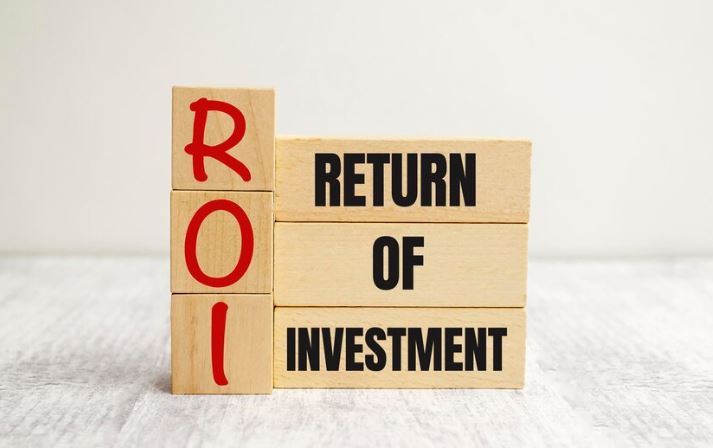
When it comes to returns on investment, a CMA positions itself as a lucrative choice, generally offering higher interest rates compared to traditional savings accounts. However, it's essential to note that these returns might be moderate when juxtaposed with the potential gains from riskier investments.
Meanwhile, an MMF takes a conservative approach, providing stable, albeit modest, returns. This makes it an ideal option for individuals who prioritize the security and predictability of their investment returns over the allure of high-risk, high-reward scenarios.
Risk Levels
Delving into risk levels, a CMA is not entirely risk-free, but it leans toward the lower end of the risk spectrum. This makes CMAs a favorable option, especially when compared to investment alternatives characterized by higher volatility and unpredictability. On the other hand, an MMF strategically focuses on low-risk securities.
While it isn't entirely risk-free, this conservative investment avenue provides a sense of financial security by prioritizing stability in its portfolio. It's a calculated choice for those who seek balance and a buffer against market fluctuations.
Choosing the Right Fit for You
Deciding between a Cash Management Account and a Money Market Fund hinges on your financial goals and preferences.
Assessing Your Financial Goals and Risk Tolerance
In navigating your financial journey, it's crucial to align your choices with your specific goals and risk tolerance. If stability and easy access to funds are paramount, an MMF stands out as a suitable choice. However, for those desiring a harmonious blend of financial flexibility and the potential for higher returns, a CMA may be the more fitting solution.
Fee Structures and Minimum Balances

Take a diligent look at the fee structures and minimum balance requirements associated with both CMAs and MMFs. Stay vigilant to any fees that could potentially erode your returns, ensuring that your chosen financial tool aligns with your cost expectations.
Reviewing Additional Features
Delve into the details of additional features such as ATM access, check-writing capabilities, and the array of investment options offered by CMAs and MMFs. These features play a pivotal role in shaping the day-to-day convenience of managing your finances, ultimately influencing the overall suitability of each financial instrument.
Conclusion
As we navigate the seas of financial options, choosing between a Cash Management Account and a Money Market Fund ultimately boils down to your financial goals and preferences. If you lean towards stability and easy access to funds, the conservative embrace of an MMF might be appealing.
On the other hand, if you seek a versatile tool that combines banking and investment features, a CMA might be the right fit.

Deciphering Financial Choices: Cash Management Account vs. Money Market Fund

How Much Money Do You Need to Be Rich
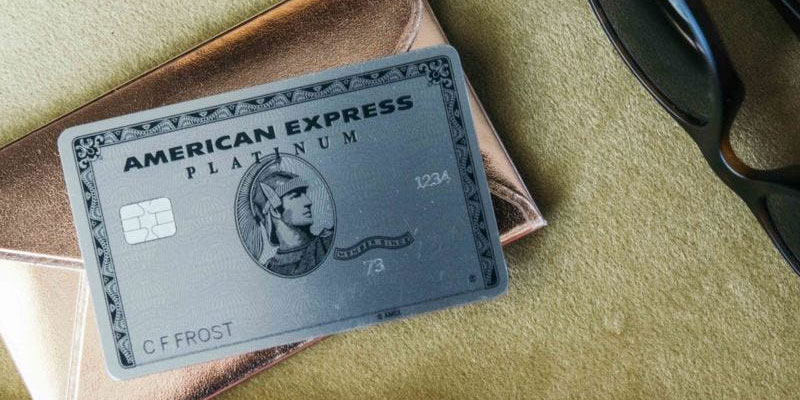
What Is an American Express Card?
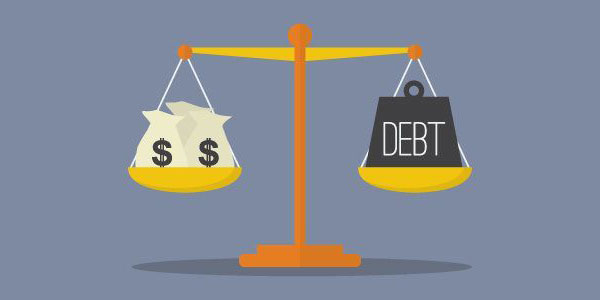
Debt-To-Income Ratio Need for a Mortgage
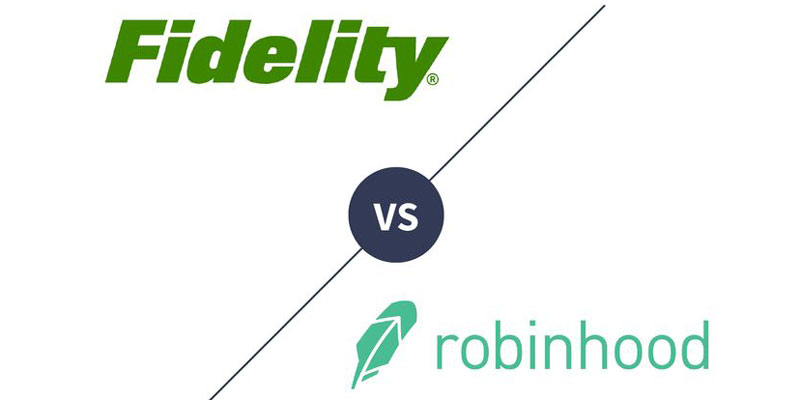
Fidelity Investments vs. Robinhood
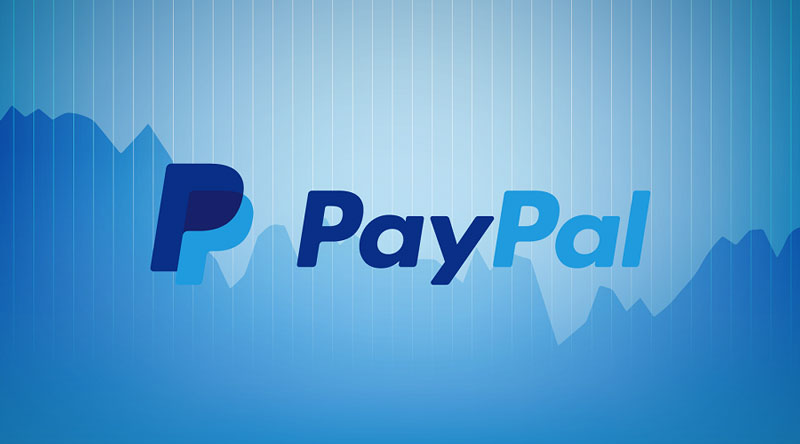
Top 7 PayPal Alternatives in 2022

Virginia First Time Home Buyer

U.S. Bank and Billtrust Boost B2B Payments

Review of the SunTrust Prime Rewards Credit Card

